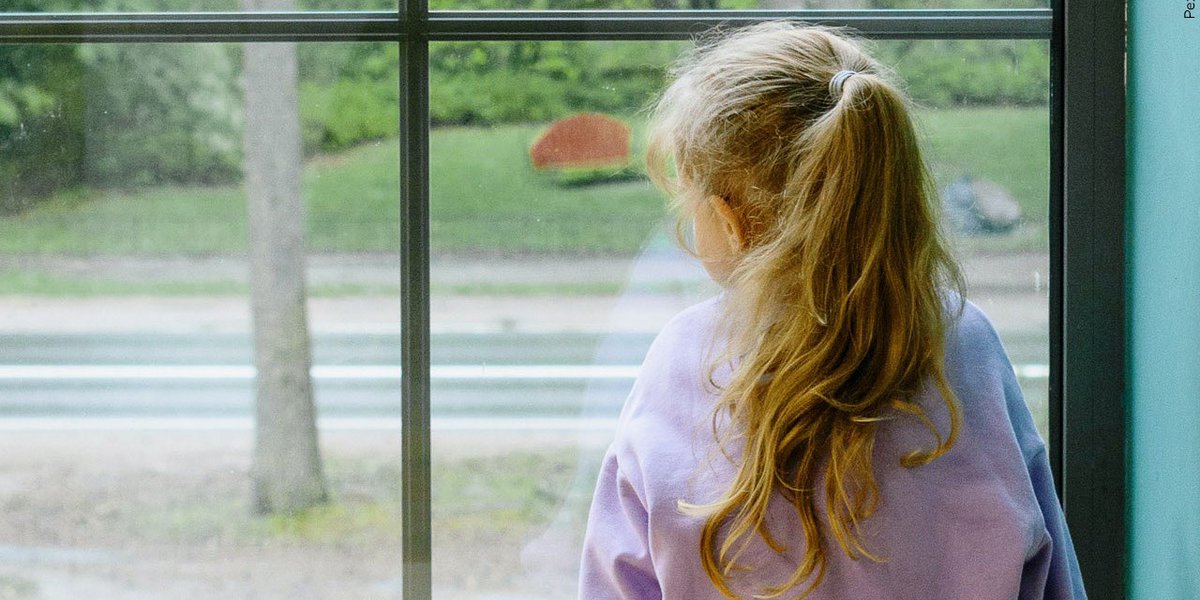BRYAN, Texas (KBTX) – A 2022 study published in the Journal of the American Medical Association JAMA Pediatrics reported a significant increase in the number of children diagnosed with mental health issues.
Doctors say it’s never too early to explain to your children why mental health is so important.
“The bottom line is that mental health is health,” said Dr. Pete Loper, a triple board-certified physician in pediatrics, psychiatry and child psychiatry. “It’s very important that we teach our children from an early age that you can have a swollen joint and a physical complaint, you can also have internal pain which is mediated through your mind.”
Dr Loper said it’s important for parents to normalize these conversations about how they feel on the inside and offer support, but there are red flags parents should watch out for.
“It’s a drop in performance, especially in school,” Dr. Loper said. “If your A or B student is now getting Cs, it could indicate that they have a mental health issue like anxiety or depression. Another red flag we tend to look for is social isolation or withdrawal.
What can parents do to help children with mental health care?
- Parents can create a family culture of acceptance and non-judgment regarding all feelings and emotional states
- Teach your child how to label and describe their feelings
- When your child shows distress or “negative” feelings, help him label his current feelings and remain passively and gently present.
- Promote healthy activities for your children
Federal resources to help support children’s mental health (Source: US Department of Health & Human Services)
- Expanding access to pediatric mental health care: HRSA funds the Pediatric Mental Health Care Access Program to help primary care providers diagnose, treat, and refer children and youth with mental health issues to services.
- Training of child psychiatrists: HRSA funds residency training for child psychiatrists at free-standing children’s teaching hospitals nationwide and supports the education and training of child psychiatrists and other clinicians to meet the mental health needs of children.
- Development of guidelines on preventive care for young people, including mental health care: As part of the Bright Futures program, HRSA publishes national guidelines to help children receive high-quality, effective and comprehensive pediatric care. The preventive services recommended by Bright Futures are covered without cost sharing by most health plans. In 2022, Bright Futures updates include the addition of universal suicide risk screening to the current depression screening category for people aged 12-21, and new guidelines for behavioral, social and emotional.
- Providing health care, including mental health care, to millions of people: Millions of people across the country receive health care services – and increasingly mental health care services – at HRSA-funded community health centers located in underserved communities across the country.
- Provide home support to parents and children: Through the Maternal, Infant and Early Years Home Visiting Program, HRSA supports families during pregnancy and early childhood by linking health services, social services and child development resources to support family well-being.
- Investing in training and growing the mental health workforce: The HRSA funds training, bursary, and loan repayment programs, as well as other programs to recruit, train, and place mental health professionals in the community, including supporting children’s mental health.
Copyright 2023 KBTX. All rights reserved.

